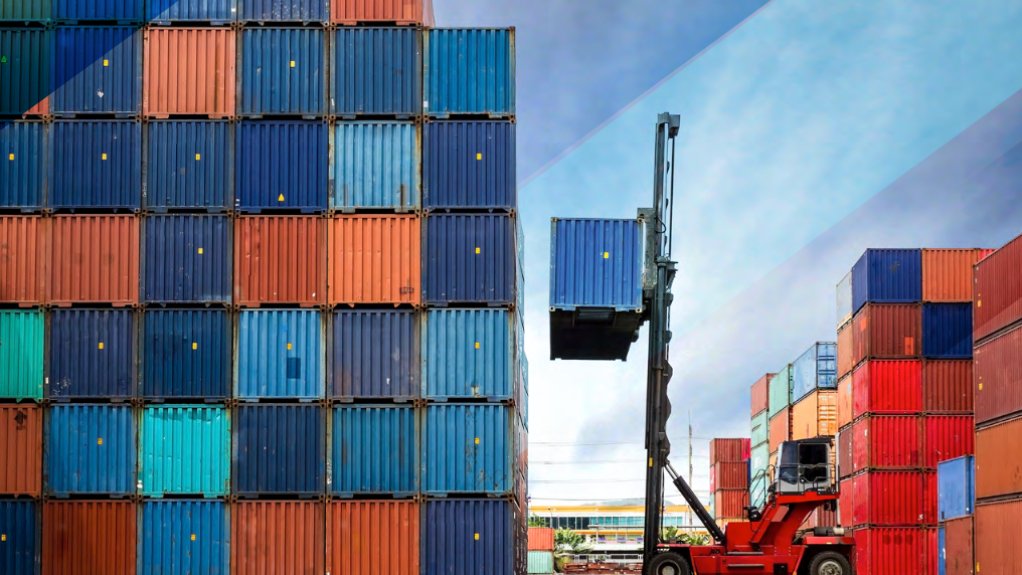- The Container Port Performance Index 2023: A Comparable Assessment of Performance based on Vessel Time in Port4.88 MB
The Container Port Performance Index (CPPI) measures the time container ships spend in port, making it an important point of reference for stakeholders in the global economy. These stakeholders include port authorities and operators, national governments, supranational organizations, development agencies, and other public and private players in trade and logistics.
The index highlights where vessel time in container ports could be improved. Streamlining these processes would benefit all parties involved, including shipping lines, national governments, and consumers. This fourth edition of the CPPI relies on data from 405 container ports with at least 24 container ship port calls in the calendar year 2023. As in earlier editions of the CPPI, the ranking employs two different methodological approaches: an administrative (technical) approach and a statistical approach (using matrix factorization). Combining these two approaches ensures that the overall ranking of container ports reflects actual port performance as closely as possible while also being statistically robust.
The CPPI methodology assesses the sequential steps of a container ship port call. ‘Total port hours’ refers to the total time elapsed from the moment a ship arrives at the port until the vessel leaves the berth after completing its cargo operations. The CPPI uses time as an indicator because time is very important to shipping lines, ports, and the entire logistics chain. However, time, as captured by the CPPI, is not the only way to measure port efficiency, so it does not tell the entire story of a port’s performance. Factors that can influence the time vessels spend in ports can be location-specific and under the port’s control (endogenous) or external and beyond the control of the port (exogenous).
The CPPI measures time spent in container ports, strictly based on quantitative data only, which do not reveal the underlying factors or root causes of extended port times. A detailed port-specific diagnostic would be required to assess the contribution of underlying factors to the time a vessel spends in port. A very low ranking or a significant change in ranking may warrant special attention, for which the World Bank generally recommends a detailed diagnostic.
Report by the World Bank
EMAIL THIS ARTICLE SAVE THIS ARTICLE ARTICLE ENQUIRY
To subscribe email subscriptions@creamermedia.co.za or click here
To advertise email advertising@creamermedia.co.za or click here











